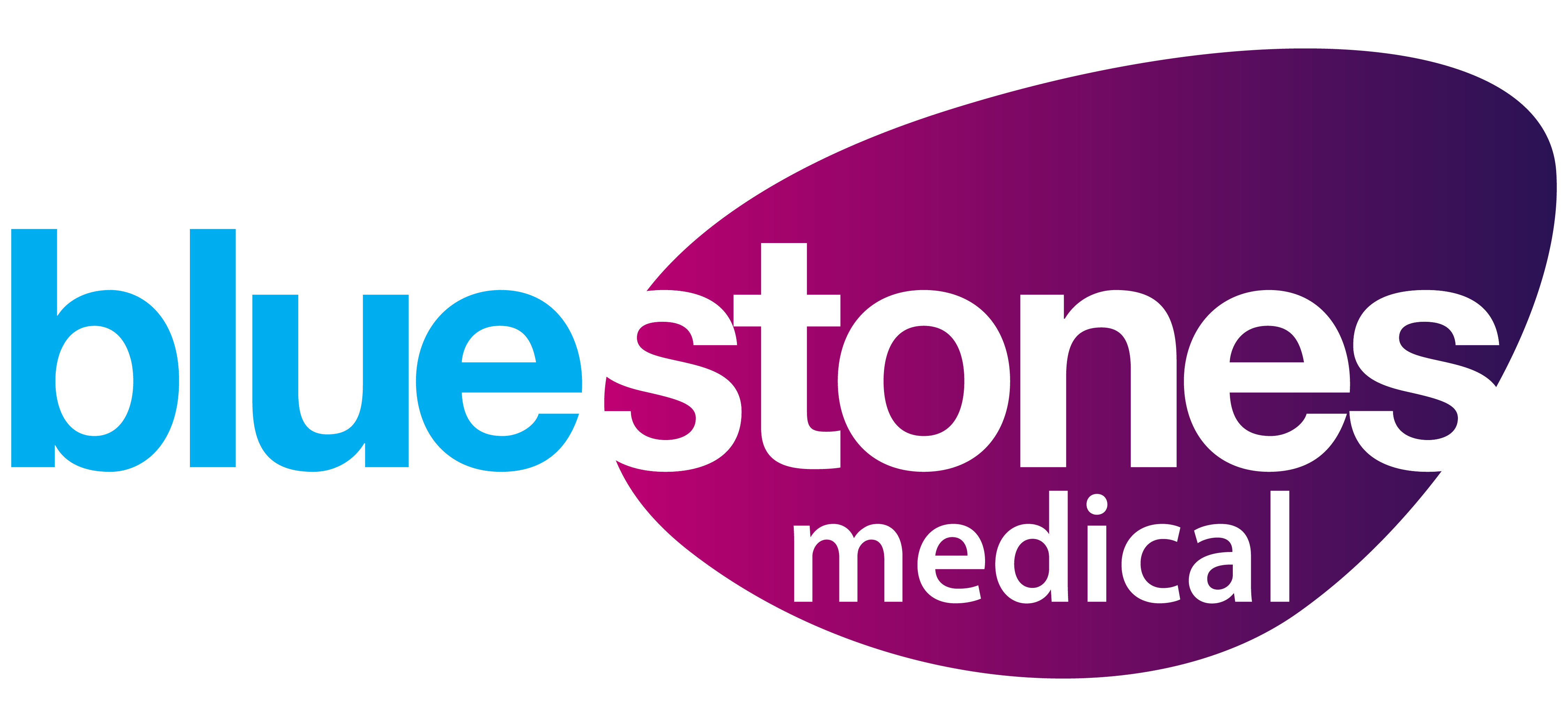What is TB?
TB is a disease caused by a germ, which usually infects the lungs. In fit healthy people, the body’s defences usually deal with the germ but in some people, it causes an illness.
How would I know if I had TB?
If you have any of the following symptoms for three weeks you should see your general practitioner:
- cough which lasts for three weeks and doesn’t get better with antibiotics
- weight loss
- night sweats
- coughing up blood
If you are currently on placement you should contact your agency.
Less commonly tuberculosis can affect other parts of the body. After the lung, tuberculosis glands in the neck are the next most common presentation of the disease. Rarely does it affect the bones, kidneys, and brain.
TB is a very serious disease isn’t it? My grandfather had it and was in a sanatorium over a year.
No. Today TB is a preventable and curable disease and those admitted to hospital stay only a few weeks. Most people with TB do not require a hospital stay and even those who do are rarely in for more than two weeks. Treatment is then continued as an outpatient for six to nine months usually.
What is drug-resistant tuberculosis?
Occasionally TB germs develop resistance to one or more of the anti- tuberculosis drugs. Resistance to drugs complicates the treatment making it necessary to treat the disease with more drugs for a much longer period of time. These drugs may also cause serious side-effects and the person with tuberculosis may become infectious again, thereby increasing the risk of spreading tuberculosis bacterial to other people.
How do you get TB?
Tuberculosis is almost always caught by breathing in TB germs, which have been coughed up by someone else. This is why lung TB is the most common form of the disease. It is caught by close contact with someone who is coughing out the TB germ. This means that the most likely people to catch TB are those who live in the home of a person infected with TB. It is uncommon for staff in hospitals/general practice settings to catch TB from patients but it can happen if they are in close contact. TB affecting parts of the body other than the lung is not usually infectious to other people. TB is much less infectious than other germs such as the common cold and ‘flu.
Is there a lot of TB in the United Kingdom?
No. There is however evidence that it is now on the increase, particularly in North East London. Only a small number of people in the UK get TB. This is because:
- we have generally got good living conditions
- levels of immunisation are high
- we can treat people with the disease quickly
- when a patient is identified doctors and nurses check family and friends looking for disease and give early treatment
Are some people more likely to get TB?
Yes. People whose body defences have been weakened by other illnesses and those who live in overcrowded conditions or those who are homeless.
Why is the patient isolated in a single room if it is not a problem to me?
TB is rarely a problem for fit and healthy staff. These patients are placed inside rooms mainly to protect other patients in the ward who may have less resistance to infection.
Can I do anything to prevent myself getting TB?
Yes. It is important to maintain good health by avoiding smoking and excess alcohol intake, by eating a good diet and taking exercise. It is possible to get a BCG vaccination, which boosts the body’s defences to fight TB and is considered to be 70-80% effective. The BCG is less effective if an individual is HIV +ve or their immune system is not working properly because of suppressive disease.
I saw an article in the paper about Multiple Drug Resistant TB. Is there any of this sort of TB in North East London?
Multiple drug-resistant TB is often referred to as MDRTB. There have been a tiny number of cases of this type of TB in North East London. It is not easier to transmit than ordinary TB. Treatment is usually possible although it takes longer and involves more drugs.
If I developed TB, how long would I be on drugs?
The treatment is normally for six months or more as prescribed by a specialist. It is important to take the full course of drugs even if you feel better.
Reference: NICE
https://www.nice.org.uk/guidance/ng33
For further information please telephone Healthier Business on 0141-889-5522





